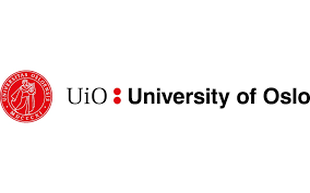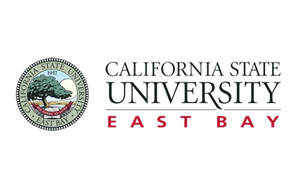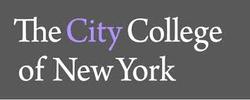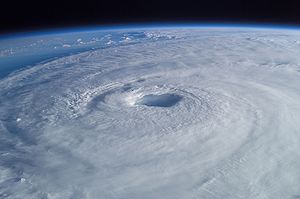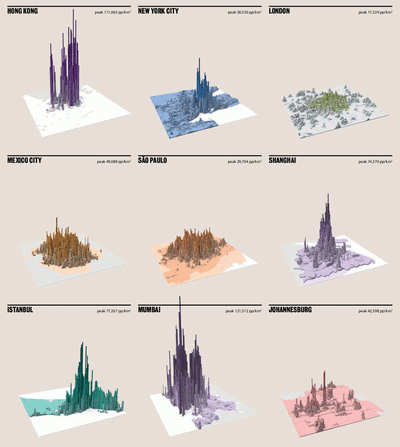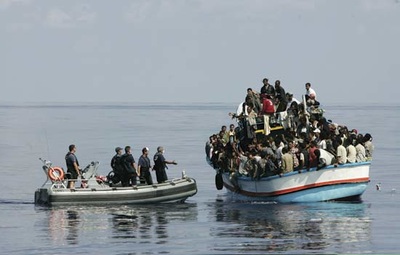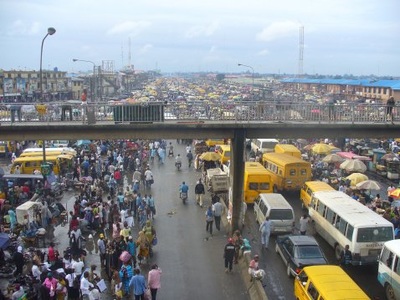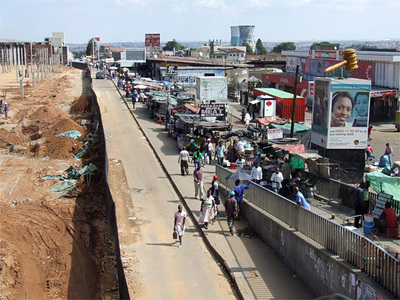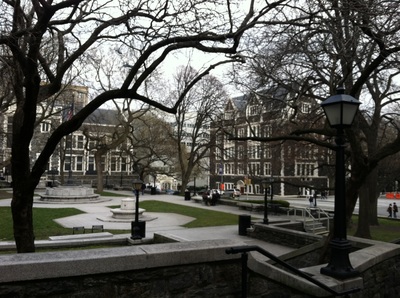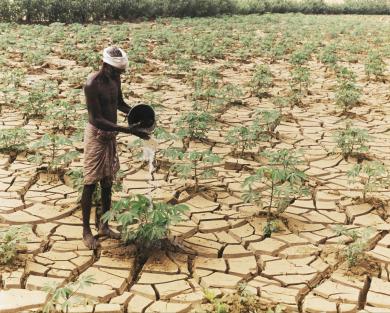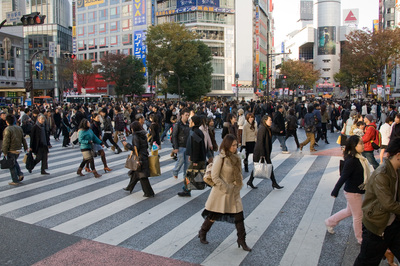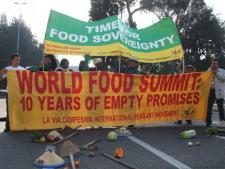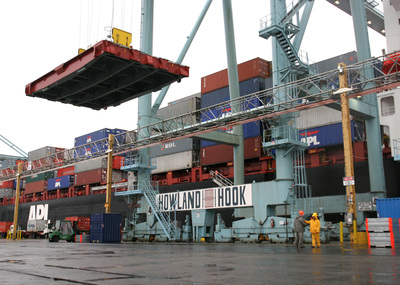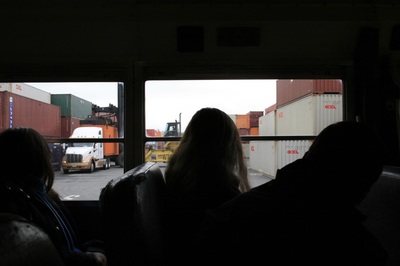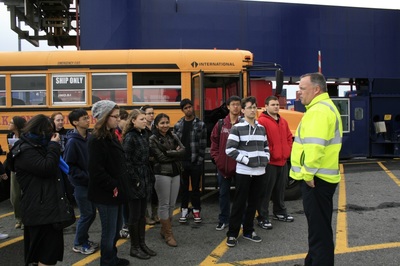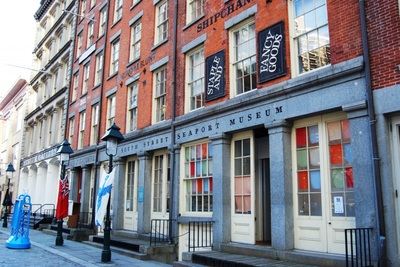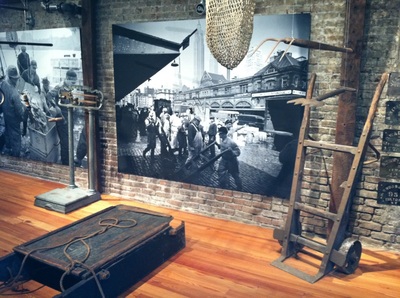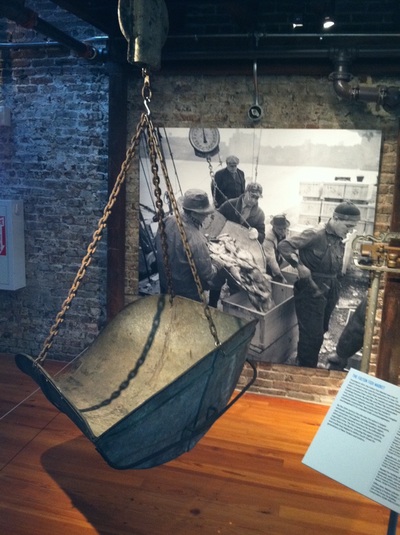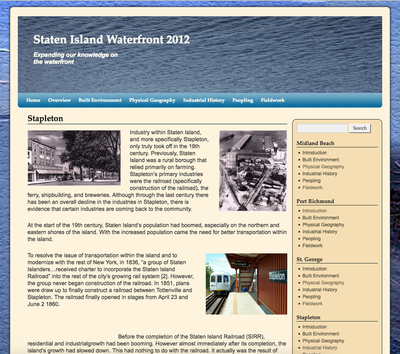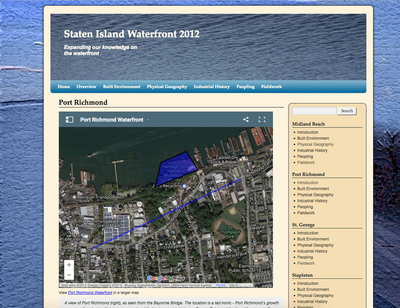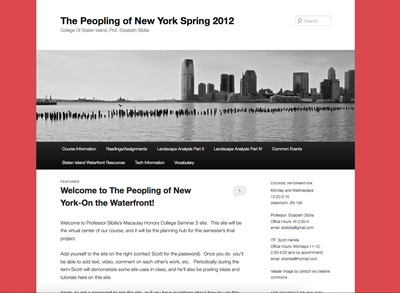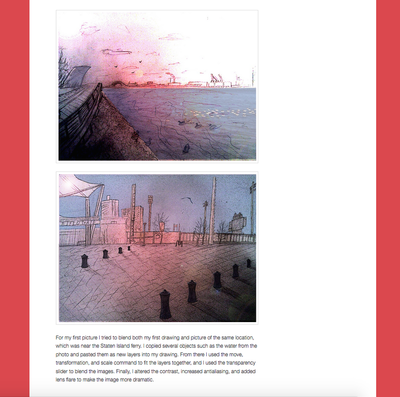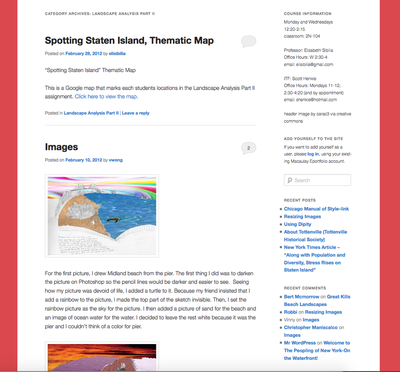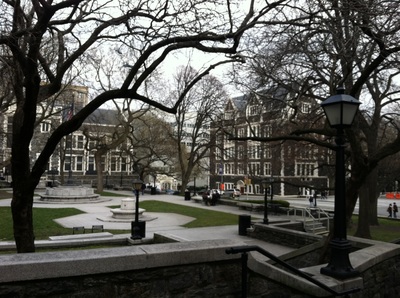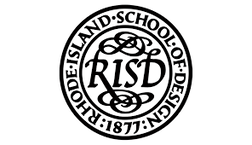|
California State University, East Bay
Human Geography--Diversity and Globalization, Fall 2020 Human geographers study the spatial organization of human activity and of people’s relationships with their environments. As the world is transformed new questions emerge to address these changes. In this class you will be introduced to foundational geographical concepts and also learn how to put them to use. Geography is a dynamic and diverse discipline grounded in spatial organization and has something for everyone. In this class you will be introduced to a range of topics through sub-disciplinary perspectives including: population geography, political geography, nature-society geography, economic geography, as well as urban and development geography. Besides grounding an understanding of geography as a discipline this course will also encourage you to look at the world differently than you may be used to, to challenge your assumptions and push your intellectual boundaries while learning to ask questions you had not thought to ask before. Environmental Challenges of the 21st Century, Spring & Fall 2020 In recent years environmental issues have moved from secondary stories in the media to top stories of the day. These stories, often referred to as environmental crises, reveal the scale, scope, and spatiality of the issues while too often overlooking the disproportional ways particular groups of people and communities are affected. Consider for example the California and Australia wildfires, Category 5 storms that have wrecked Caribbean nations, New Orleans, and more recently Puerto Rico, or the communities who suffer directly from drought destroying crops, polluted drinking water, or displacement from deforestation and changing forms of dispossession. In this class we will work to understand these evolving environmental conditions as well as how they affect already vulnerable populations around the world. Lecturer Program Website |
|
San Jose State University
Global Geography, Fall 2017 & Fall 2017 In this class students were introduced to basic conceptual vocabulary of human geography (scale, space, place, landscape, uneven development) and physical geography (ecosystem, biodiversity, climate) through a series of empirically-grounded studies that covered: climate change, food and housing insecurity, migration, urbanization and development, and waste. Lecturer Program Website |
|
|
City College, City University of New York
Introduction to International Studies: A Global Perspective, Fall 2012 to Spring 2014 (four semesters) Introduction to International Studies: A Global Perspective is a required course for the International Studies major at City College. This course placed emphasis on the interconnectedness of global issues. It introduced students to diverse perspectives that reflected the complex ways that the political-economic, social, and the historical intersect to produce practices and condition space. The global issues introduced in this course were : climate change, food security/insecurity, migration/immigration, urbanization and everyday life, health/epidemics and the transboundary movement of waste. The course will also introduced the political institutions and organizations that structure space and the dynamic spatial practices and patterns of human behavior. We used a case study approach to engage, through dialogue, debate and collaboration, with competing conceptual and analytical frameworks related to global issues. By exploring global issues students learned how people are constantly negotiating their physical and social spaces around the world in order to thrive an din some cases survive. Graduate Teaching Fellow Program Website |
|
|
Macaulay Honors College, College of Staten Island,
City University of New York Peopling of New York - On the Waterfront, Spring 2012 In this Honors College seminar we investigated the role the New York waterfront played on the 'Peopling of New York'. The waterfront is an often neglected space and geography, yet one so crucial to understand, as it is a space that embodies all forms of social relations. It is historically the space where communities of the world collide and influence each other through trade and migration. In this seminar the waterfront functioned as a portal to investigate a range of topics that played a crucial role in the production of the city as we know it today. Some of these topics included: patterns of migration and immigration, impact of technology on waterfront industries and communities, labor and strikes at the shipyards, and trade patterns for people and commodities. The water surrounding the boroughs and beyond is what linked the world to New York but it is also what linked New York to the world and we examined what this meant for New Yorkers and their waterfront. Course Website Final Class Assignment Website Instructor Curriculum Website |
|
|
City College, City University of New York
Senior Seminar: "Third Worlding" of New York, Spring 2014 Senior Seminar: International Immigration, Fall 2013 Teaching Assistant Program Website |
|
Cambridge College
Multidisciplinary Approaches to Content Areas, Fall 2008 Life Drawing, Spring 2009 Instructor Program Website |
|
Rhode Island School of Design
Translation and Interpretation: The World in Paint (Painting Elective), Wintersession 2006 Instructor School Website |
